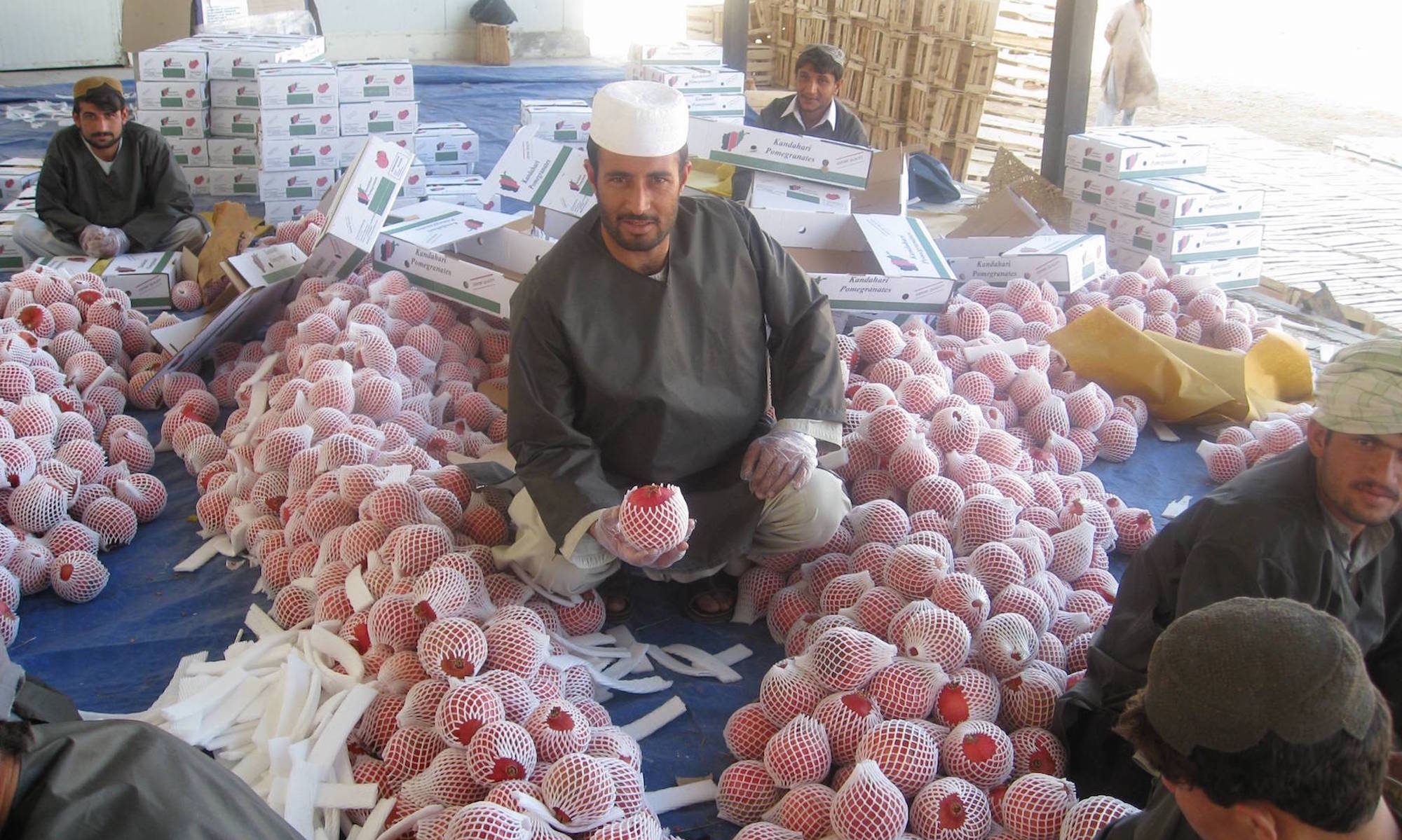The use and limitations of conflict analysis: the case of the UNDP in the occupied Palestinian territory
The European Union’s role in the Palestinian Territories: state-building through Security Sector Reform?
Three Two Tango: Territorial Control and Selective Violence in Israel, the West Bank, and Gaza
Violence and Control in Civil Conflict: Israel, the West Bank, and Gaza
Financing and Aid Management Arrangements in Post-Conflict Settings
This note, summarizing the analysis and recommendations of an upcoming CPR Working Paper of the same title, looks at issues related to financing modalities and aid management arrangements in post-conflict situations. It makes a number of recommendations based on a review of several recent case studies, of which four are assessed in detail: West Bank and Gaza, Bosnia and Herzegovina, East Timor, and Afghanistan. It focuses on the lessons of experience on multi-donor trust funds and on the recipient government’s aid management architecture in post-conflict settings. This paper is concerned with the specific issues of financing modalities and aid management arrangements in post-conflict situations, and advances a number of recommendations on the basis of a review of several recent cases, among which four are assessed in detail: West Bank and Gaza, Bosnia and Herzegovina, East Timor (Timor-Leste) and Afghanistan. While generally applicable recommendations do emerge from the review, the most important recommendation is to tailor the design and sequencing of financing and aid coordination to the circumstances of the specific case.
Containment and territorial transnational actors: Israel, Hezbollah and Hamas
Containment has been salient in intellectual and policy debates for 60 years. It informed US foreign policy towards the USSR and, later, the so-called rogue states. The endurance of containment beyond the Cold War suggests that it possesses the quality of transferability, the capacity of a grand strategy from the past to transcend the circumstances that gave rise to it, to suggest what should be emulated and what avoided in future policies. Drawing on the notion of transferability and on the method of structured, focused comparison, this article uses Israel’s foreign policy towards Hezbollah and Hamas to argue that containment is transferable from the state level to a state/territorial transnational actor (TNA) relationship, albeit with permutations. This argument is examined in relation to four issues: the circumstances under which containment arises; its applicability to territorial TNA; the objectives sought by implementing containment; and the role of legitimacy as a component of containment. In so doing the article seeks to make a contribution to the debate on containment. While there is a rich literature on state containment, research on containing territorial TNA has been extremely limited.
Environmental Assessment of Areas Disengaged by Israel in the Gaza Strip
Diaspora Communities and Civil Conflict Transformation
Constructive Discourse Transformation. Media Work in Asymmetrical, Intercultural Conflicts: The case of the Middle East
Can Truth be Negotiated? History Textbook Revision as a Means to Reconciliation
International school textbook revision and research became a professional academic activity after the First World War. It broadened its scope and methodological approaches considerably after the collapse of the bipolar world. Today, a number of different agencies, such as international governmental institutions, NGOs, and academic as well as pedagogical institutions, are involved in projects on the revision of history teaching in postconflict societies. This article examines the pros and cons of different project designs, focusing on the sometimes contradictory aims projects are expected to achieve and on the interplay between the various agencies. Examples highlighting the reconstruction and reconciliation process are taken from Bosnia and Herzegovina, Israel-Palestine, and Rwanda and South Africa.
Intercultural Mediation: A Difficult Brokerage. An Empirical-Analytical Attempt to Access the Impact of Cultural Differences
Overcoming Psychological Barriers to Peaceful Conflict Resolution
One of the most important psychological barriers to conflict resolution is the rigid structure of the sociopsychological repertoire that evolves in societies immersed in intractable conflict. This article examines ways to overcome the rigidity of this repertoire in the context of the Israeli-Palestinian conflict. Specifically, in line with the prospect theory, the authors assumed that elicitation of beliefs about losses stemming from the continuing conflict may bring about a process of unfreezing. To test this assumption, an exploratory study with a national sample of the Israeli-Jewish population and two subsequent experimental studies were conducted. The results demonstrated that exposure to information about losses inherent in continuing the conflict induces higher willingness to acquire new information about possible solutions to the conflict, higher willingness to reevaluate current positions about it, and more support for compromises than the exposure to neutral information or to information about possible gains derived from the peace agreement.
Building States to Build Peace
There is increasing consensus among scholars and policy analysts that successful peacebuilding can occur only in the context of capable state institutions. But how can legitimate and sustainable states best be established in the aftermath of civil wars? And what role should international actors play in supporting the vital process? Addressing these questions, this state-of-the-art volume explores the core challenges involved in institutionalizing postconflict states. The combination of thematic chapters and in-depth case studies covers the full range of the most vexing and diverse problems confronting domestic and international actors seeking to build states while building peace. Case studies include: Somalia, Palestine, Bosnia, East Timor / Timor-Leste, Afghanistan, Liberia
